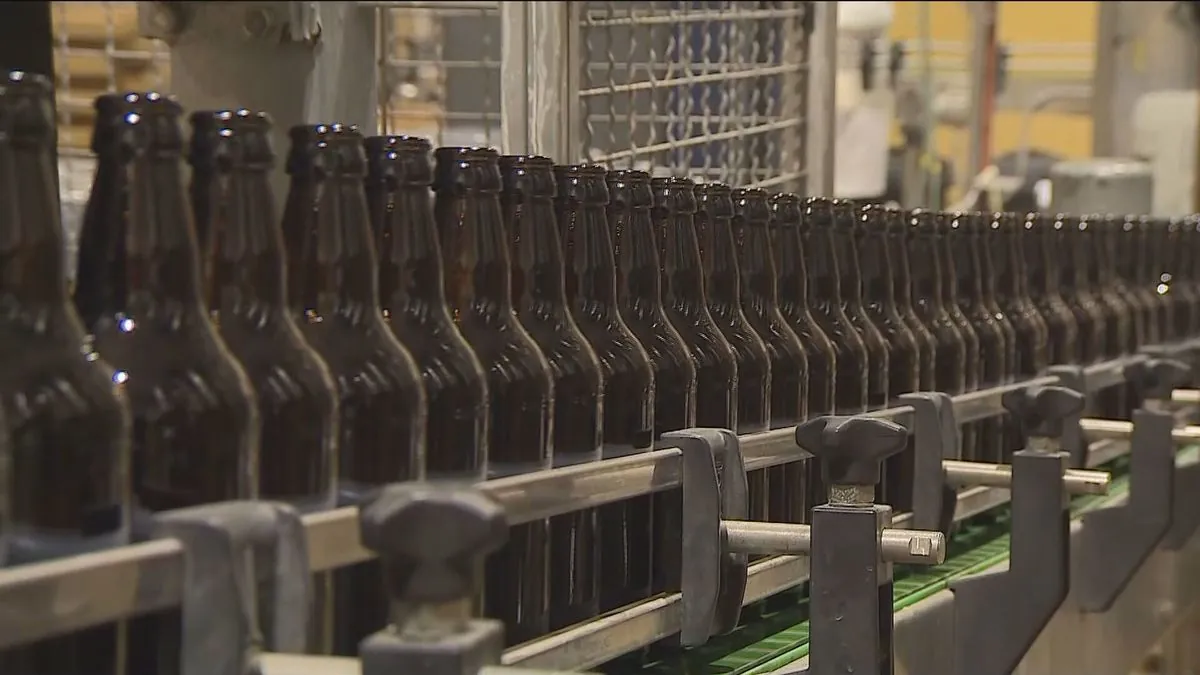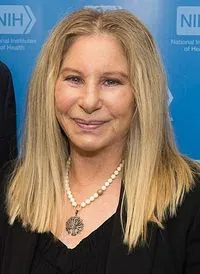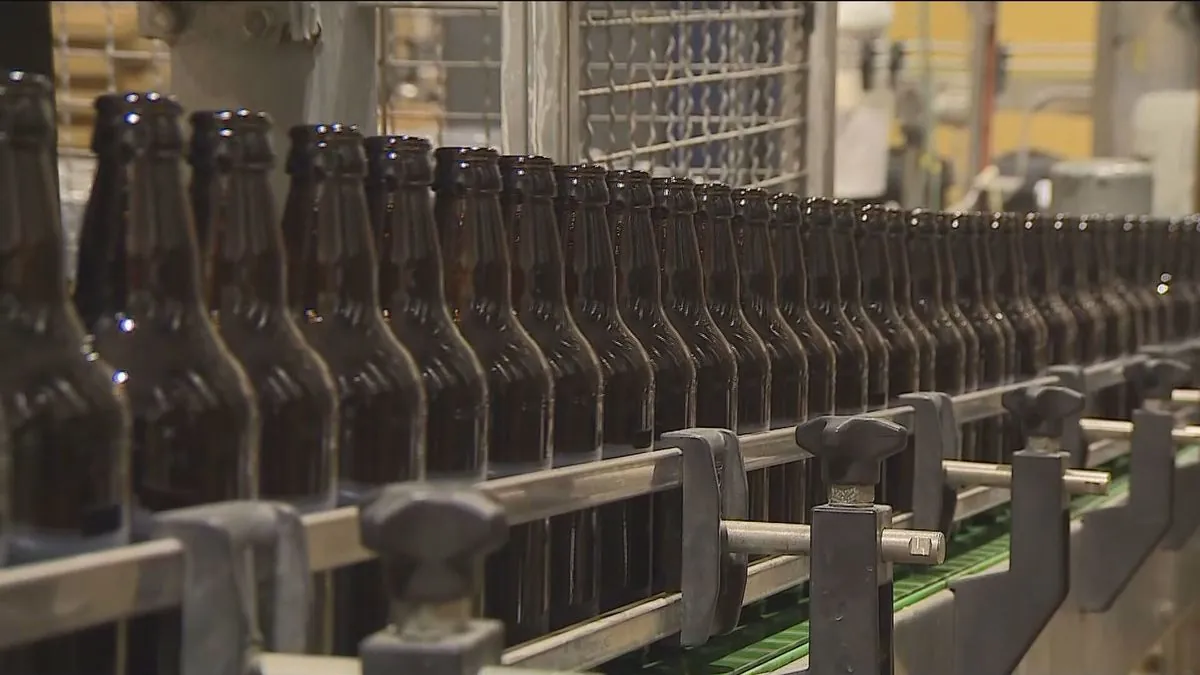Scotland Hikes Minimum Alcohol Price to £6 per Wine Bottle
Scotland raises minimum alcohol price to 65p per unit, impacting various beverage costs. Health officials claim lives saved, while opposition argues policy punishes responsible drinkers amid cost-of-living crisis.

In a significant move affecting alcohol pricing in Scotland, the Scottish National Party (SNP) government has increased the minimum unit price for alcohol to 65p, a 15p rise from the previous 50p per unit. This adjustment, implemented on September 30, 2024, means Scots now face higher minimum prices for alcoholic beverages, with a standard bottle of wine costing at least £6.09.
Neil Gray, the SNP health secretary, defended the price hike, citing research suggesting that the minimum unit pricing (MUP) policy, first introduced in 2018, has "likely" saved hundreds of lives. However, the decision has sparked controversy, with opposition parties arguing that it unfairly impacts responsible drinkers during a cost-of-living crisis.
The new pricing structure affects various alcoholic products:
- A bottle of wine (12.5% alcohol content): Minimum £6.09
- Four-pack of beer (440ml cans): Minimum £5.72
- Bottle of Scotch whisky: Minimum £18.20
Scotland's approach to alcohol pricing is unique, as it was the first country globally to implement MUP in 2018. This policy is part of the Scottish Government's broader alcohol strategy, which aims to reduce consumption by 10% by 2025. The strategy acknowledges the significant impact of alcohol-related harm, estimated to cost Scotland £3.6 billion annually.
Despite the government's claims of success, recent statistics paint a concerning picture. Official figures revealed that alcohol-related deaths in Scotland surged to 1,277 in 2023, the highest level in 15 years. This increase has occurred despite the implementation of MUP, raising questions about the policy's effectiveness.
Dr Sandesh Gulhane, a GP and the Scottish Conservative shadow health secretary, criticized the price increase, stating, "This increase only punishes responsible drinkers during a cost-of-living crisis." He argued that MUP has failed to address Scotland's high levels of alcohol-related deaths and may even lead to unintended consequences for those struggling with addiction.
The controversy surrounding MUP extends to the evaluation of its impact. While a Public Health Scotland (PHS) analysis suggested positive outcomes, including fewer hospital admissions and deaths related to alcohol, subsequent revelations indicated that Scottish Government civil servants had requested numerous changes to the report, potentially inflating the policy's perceived success.

It's worth noting that Scotland has implemented various measures to combat alcohol-related issues over the years. These include banning multi-buy promotions for alcohol in 2011 and introducing significant changes to alcohol regulation through the Licensing (Scotland) Act 2005. The country also runs a national alcohol screening and brief intervention program called Alcohol Brief Interventions (ABIs).
While the government remains committed to MUP, concerns persist about its effectiveness in addressing alcohol dependence. A Scottish Government consultation admitted "limited evidence" that MUP had reduced consumption among people with alcohol dependence and highlighted potential harms such as reduced food expenditure or increased intoxication from switching to spirits.
As the debate continues, Neil Gray has announced plans to review evidence and options for reducing exposure to alcohol marketing. This move signals the government's ongoing efforts to tackle Scotland's complex relationship with alcohol, which has long been a public health concern.
The Scottish alcohol industry, including its world-renowned whisky sector, will undoubtedly be watching these developments closely. With Scotch whisky being Scotland's largest export, worth over £4 billion annually, balancing public health measures with economic interests remains a challenging task for policymakers.
As Scotland navigates this contentious issue, the effectiveness of MUP and its impact on both public health and consumer behavior will continue to be scrutinized in the coming years.
"This increase, which only the Scottish Conservatives opposed in Holyrood, only punishes responsible drinkers during a cost-of-living crisis. SNP ministers remain wedded to this policy despite it monumentally failing to tackle Scotland's shameful levels of alcohol deaths."


































